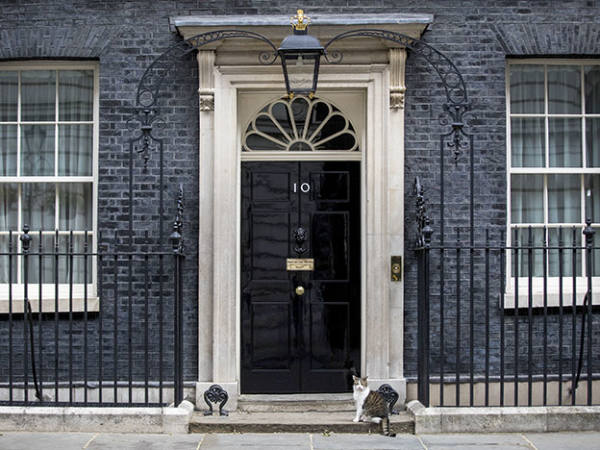Hammerson (HMSO) epitomises the weighty balancing act retail landlords are struggling to perform post-pandemic. Extracting rent from retailers and hospitality providers operating under the strain of enforced closure has been a wrench - the commercial landlord collected only 41 per cent of the amount due in advance for the first quarter. Yet the need to keep below debt covenant limits is an an ever-present - and arduous - task.
Just a quarter of the group’s occupiers are open, either offering essential retail, Click & Collect, and/or takeaway and delivery services, while destinations in France are subject to a 6pm national curfew. Even after taking into account payments deferred until later this quarter, almost £29m, or half of the amount due on 25 December remains outstanding. Judging by the results of negotiations over last year’s rent, that figure will likely edge-down as repayment plans bear fruit - but not by much.
Across the industry, retail landlords had collected around half of the rent owed for the first quarter a week after it was due, according to data compiled by Remit Consulting. Only 74 per cent of rent due for the fourth quarter had been paid three months after it was due in September.
| Proportion of Q1 2021 rent collected (%) | |||||
| Retail | Offices | Leisure | Industrial | Overall average | |
| Due date | 45.8 | 71.2 | 28.8 | 62.1 | 52.6 |
| Plus seven days | 50.5 | 79 | 33.3 | 72.4 | 59.5 |
| Source: Remit Consulting | |||||
Retail landlords have lost their teeth, at least figuratively - and they will not have much bite even after the moratorium on commercial evictions (for not paying rent) comes to an end in March. Investors should expect high write-offs of unpaid sums, not least because of an almost-certain increase in tenants launching company voluntary arrangements or entering administration. Meanwhile a dearth of financially robust potential replacements, means landlords will likely be forced into costly concessions with tenants that have not paid rent.
Yet more fundamentally, an oversupply of space means that even those retailers that are fighting fit can afford to barter hard on lease terms. That includes lower rents, shorter leases and a continued push towards turnover-based rents.
In August, previous Hammerson chief executive David Atkins said he intended to introduce a new leasing model, which would include more flexible leases, rebased rents at more affordable levels and indexation replacing the existing rent-review system. It is hard to see how newly-installed boss Rita-Rose Gagné will have the option to deviate from offering improved terms, such as these, to retain and attract tenants.
Tapping the market for capital - à la Hammerson - provides some breathing room beneath debt covenants. However, with more retailers likely to go to the wall this year and asset values falling, it is a short-term solution.











